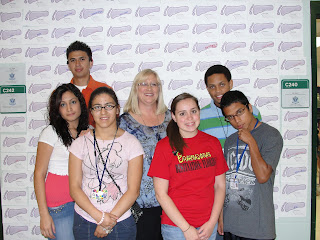Like me, you might have seen guar gum in the ingredients list of a pint of ice cream. Who knew it was crucial for fracking?
The Guar Bubble
Around Lordi, in India’s Rajasthani Desert, farmers grow the guar bean. For centuries it was a dietary staple. But then Western food processors and pharmaceutical companies realized that guar’s ability to absorb water could come in handy. (It’s the guar gum that keeps the ice cream thick.)

For fracking also, guar is a thickener. Because of guar, the water becomes stiff enough to shoot sand sideways through rock. Once the shale fractures, sand particles keep the cracks open for oil and gas to seep through.
We all know that fracking vastly increased U.S. oil and natural gas production. In addition, it spiked demand for guar and pushed prices skyward. However, with acreage increasing, substitutes emerging, and then fracking demand subsiding, after 2013 (see below) guar markets reversed:

It is rather amazing that more than 13,000 miles from the fracking fields, India’s guar bean farmers, traders and processors thrived like never before. FT called it a bean bubble. Farmers built stone houses and bought tractors. There was more money for trips, for dowries, for elaborate weddings.
Our Bottom Line; Supply and Demand
Like peanut butter and jelly, fracking and guar seeds have a complementary relationship. When the demand for peanut butter goes up, we want more jelly. So too, with fracking and guar seeds.
And as you would expect, when price popped, the supply side had the incentive to produce more and develop cheaper alternatives. Supply (and quantity supplied) increased, demand decreased and guar prices dropped. When oil prices crashed in 2014, the boom truly became a bust.
Now? Guar prices are rising again as fracking activity accelerates.
My sources and more: For all you could ever want to know about the guar bean, do go to the NY Times, here, and here, and to Quartz. Then, for the price update, Business Standard data is here and here. Perhaps most interesting though is seeing how guar’s ups and downs resemble fracking’s sand suppliers.
 Ideal for the classroom, econlife.com reflects Elaine Schwartz's work as a teacher and a writer. As a teacher at the Kent Place School in Summit, NJ, she’s been an Endowed Chair in Economics and chaired the history department. She’s developed curricula, was a featured teacher in the Annenberg/CPB video project “The Economics Classroom,” and has written several books including Econ 101 ½ (Avon Books/Harper Collins). You can get econlife on a daily basis! Head to econlife.
Ideal for the classroom, econlife.com reflects Elaine Schwartz's work as a teacher and a writer. As a teacher at the Kent Place School in Summit, NJ, she’s been an Endowed Chair in Economics and chaired the history department. She’s developed curricula, was a featured teacher in the Annenberg/CPB video project “The Economics Classroom,” and has written several books including Econ 101 ½ (Avon Books/Harper Collins). You can get econlife on a daily basis! Head to econlife.






 Ideal for the classroom,
Ideal for the classroom, 


















